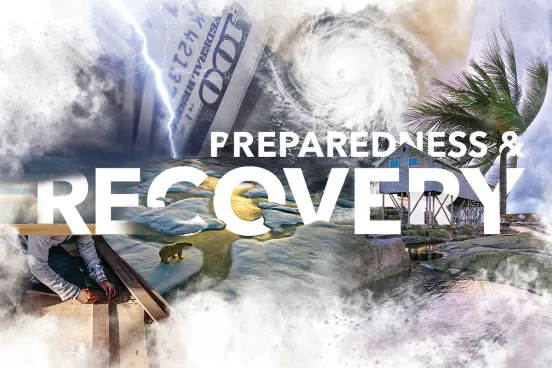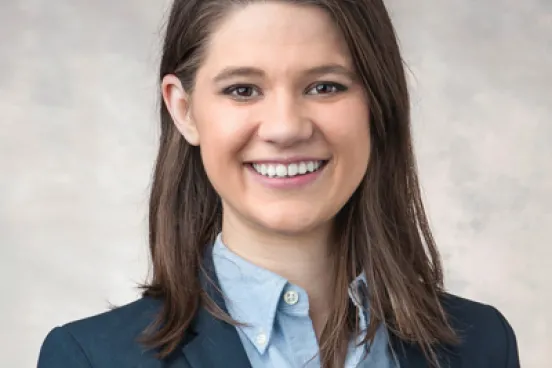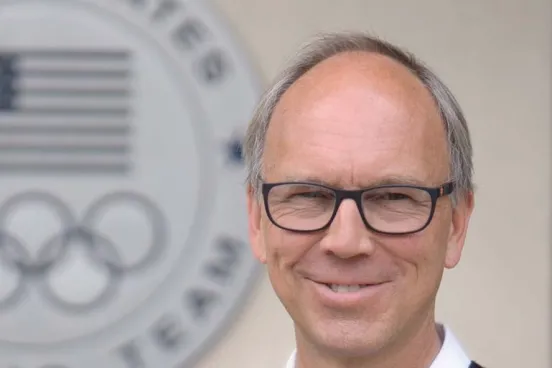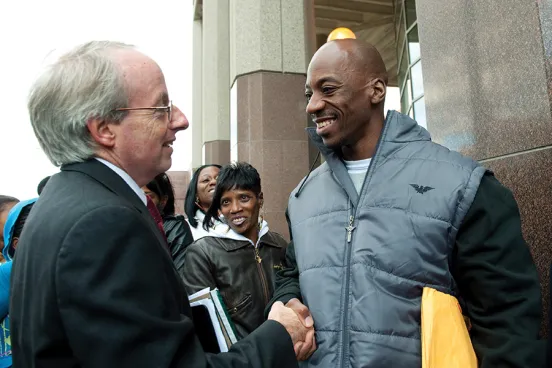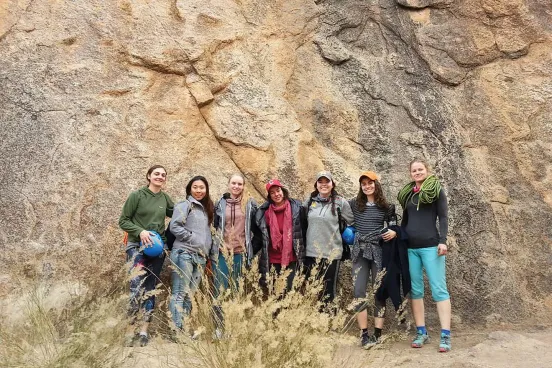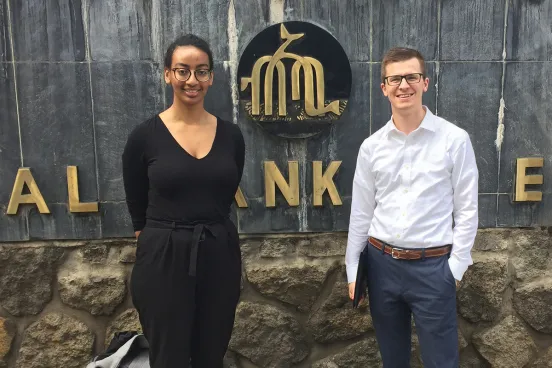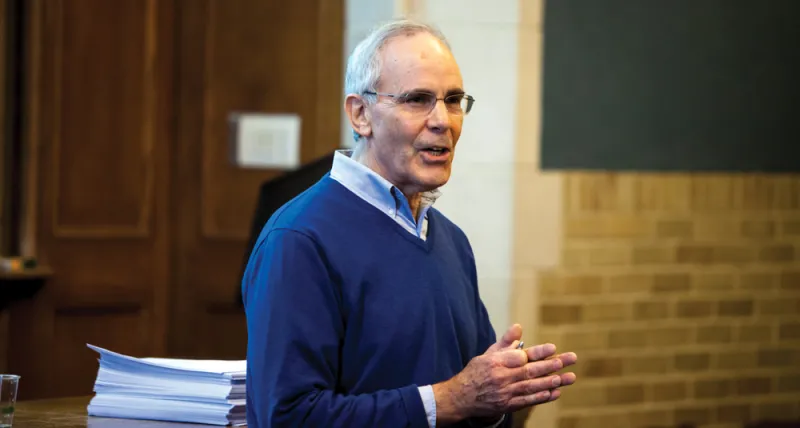
Grossly Missed
Professor Sam Gross taught his last class at Michigan Law in December and retired in May.
He also delivered the spring Blue Jeans Lecture in April, during which he encouraged students to keep their courtroom personas separate from their personal lives. Gross has been the editor of the National Registry of Exonerations—the preeminent and highly cited online database of all known exonerations in the United States since 1989—since its inception in 2012.
Gross, who joined the Michigan Law faculty in 1987, taught Evidence and Criminal Procedure, among other subjects. Faculty continued the tradition of celebrating retiring faculty by visiting Gross’s class and erupting into applause when it ended.
“Truly one of the greats,” wrote one alumnus when the clap-out was posted on Facebook.
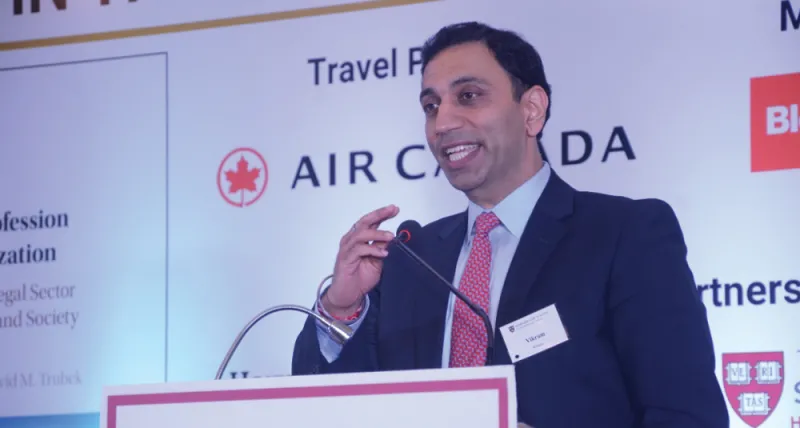
Khanna Goes to India
In December, Professor Vikramaditya S. Khanna participated in two major events in India, hosted by the Harvard Law School Center on the Legal Profession, to celebrate the publication of The Indian Legal Profession in the Age of Globalization: The Rise of the Corporate Legal Sector and its Impact on Lawyers and Society (Cambridge University Press, 2017). Khanna, the William W. Cook Professor of Law, is a co-editor of the book, and he authored and co-authored several papers within the book.
“The standard response to ‘Why India?’ is that it has a huge population and a great deal of resources,” Khanna told audiences in Mumbai and Delhi. “But that just scratches the surface as to why India is important.”
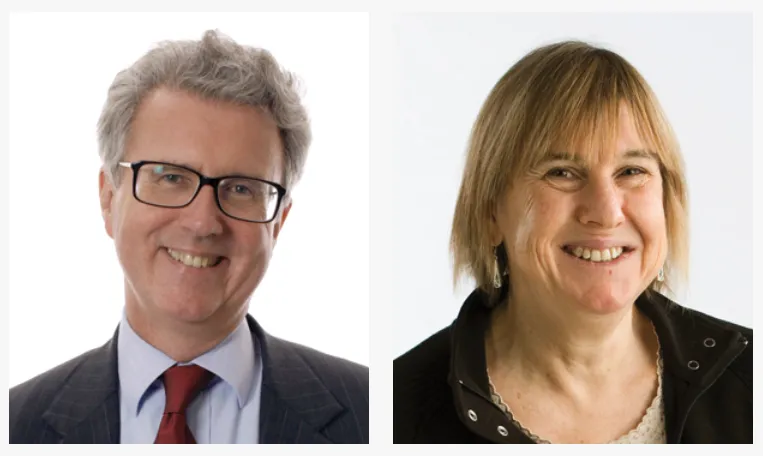
Cook Professors Earn International Accolades
William W. Cook Global Law Professors Christopher McCrudden and Christine M. Chinkin have received international recognition for their legal work. McCrudden, who concentrates on issues of equality and discrimination as well as the relationship between international and comparative human rights law, was elected a member of the Royal Irish Academy, Ireland’s oldest and premier learned society, which was established in 1785.
It is the Irish equivalent of the American Academy of Arts and Sciences and the British Academy, where he also is a Fellow. Election to membership in the Academy is regarded as a public recognition of academic excellence and may be considered the highest academic honor in Ireland, according to McCrudden. Chinkin was recognized as a Companion of the Order of St. Michael and St. George in the 2017 Queen’s Birthday Honours list for her efforts in advancing women’s human rights worldwide.
The Queen’s Birthday Honours List “recognizes the achievements of a wide range of extraordinary people from across the United Kingdom.”
Chinkin is an internationally respected scholar of public international law; alternative dispute resolution; international criminal law; international human rights, especially women’s human rights; and the intersection of feminist jurisprudence and international law. She received her award at Buckingham Palace last fall.
“His signature looked nothing like the signature on the substitution form.”
3L Abbey Lent, a student-attorney in the Michigan Innocence Clinic who discovered a forgery that led to disbarment for attorney Robert Slameka. He was accused of filing court documents under the name of attorney Matthew Evans just before Slameka began serving a 90-day suspension for misconduct in another matter. Lent was reviewing a file as a possible new case for the clinic and noticed that Slameka had told the appeals court that Evans was taking over as the attorney. “Evans’s signature looked weird,” Lent told the Associated Press, so she asked Evans to fax his signature to her. “He confirmed he had never worked on this case.”
Winter Break, LAW Breaks Style
While Michigan Law first-year student Colleen Devine’s recommendation to “bring lots of sunscreen” may be common advice for the average spring break trip, rarely do those trips mean more time doing legal volunteer work than time at the beach.
Yet that is exactly what dozens of Michigan Law students did during this year’s Legal Alternative Winter (LAW) Breaks trips. A Michigan Law tradition since 2011, LAW Breaks service trips give students hands-on legal experience while volunteering with a legal services organization.
LAW Breaks organized six trips this year, each working in a different area of the law—from housing and foreclosure law in Detroit to LGBTQ rights in Belize.
One new trip was to Dilley, Texas, to work with the Dilley Pro Bono Project, an initiative of the CARA Family Detention Project.
The group worked at the South Texas Family Residential Center, an immigration detention center for women and children who are seeking protection in the United States. All of the students who participated in a LAW Breaks trip agreed that doing legal service was an excellent way to spend their break.
“This has been my favorite law school experience,” says Rana Ayazi, a 2L who co-led the Texas trip, “and I highly recommend it to everyone.”—AH


